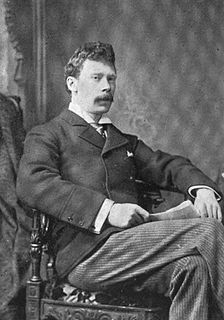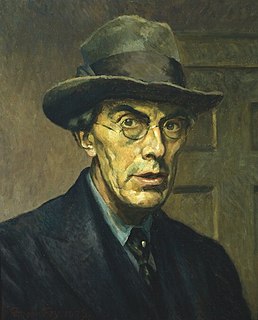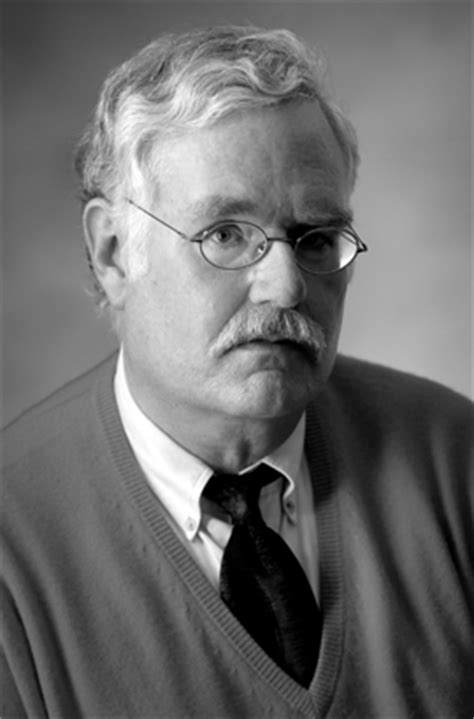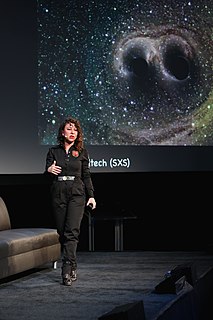A Quote by Lukas Foss
I don't dare postulate about science, but I know that it takes both emotion and intellect in order for art to happen.
Related Quotes
A great emotion is too selfish ; it takes into itself all the blood of the spirit, and the congestion leaves the hands too cold to write. Three sorts of emotion produce great poetry - strong but quick emotions, seized upon for art as soon as they have passed, but not before they have passed ; strong and deep emotions in their remembrance along time after ; and false emotions, that is to say, emotions felt in the intellect. Not insincerity, but a translated sincerity, is the basis of all art.
The violent quarrel between the abstractionists and the surrealists seems to me quite unnecessary. All good art has contained both abstract and surrealist elements, just as it has contained both classical and romantic elements - order and surprise, intellect and imagination, conscious and unconscious.
People think of art and science as being fundamentally opposed to each other, because art is about celebrating individual human creativity, and science is about discovering general principles, not about individual people. But in fact, the two have a lot in common, and the creative spirit is similar in both.
Both art and science are bent on the understanding of the forces that shape existence, and both call for a dedication to what is. Neither of them can tolerate capricious subjectivity because both are subject to their criteria of truth. Both require precision, order, and discipline because no comprehensible statement can be made without these. Both accept the sensory world as what the Middle Ages called signatura regrum, the signature of things, but in quite different ways.
None the less, perhaps, the highest pleasure in art is identical with the highest pleasure inscientific theory. The emotion which accompanies the clear recognition of unity in a complex seems to be so similar in art and in science that it is difficult not to suppose that they are psychologically the same. It is, as it were, the final stage of both processes.
Therefore, the two processes, that of science and that of art, are not very different. Both science and art form in the course of the centuries a human language by which we can speak about the more remote parts of reality, and the coherent sets of concepts as well as the different styles of art are different words or groups of words in this language.
I think, to be specific, we got off the track when we concentrated more and more on production of things. Thereby, we created a split between intellect and emotion, because, in order to produce a modern technique, you have to use intellect, and we have created men who are very brilliant, who are very clever, but our emotional life has become impoverished.
It is all, as usual, paradox. I have to use what intellect I have in order to write books, but I write the kind of books I do in order that I may try to set down glimpses of things that are on the other side of the intellect. We do not go around and discard the intellect, but we must go through and beyond it.







































